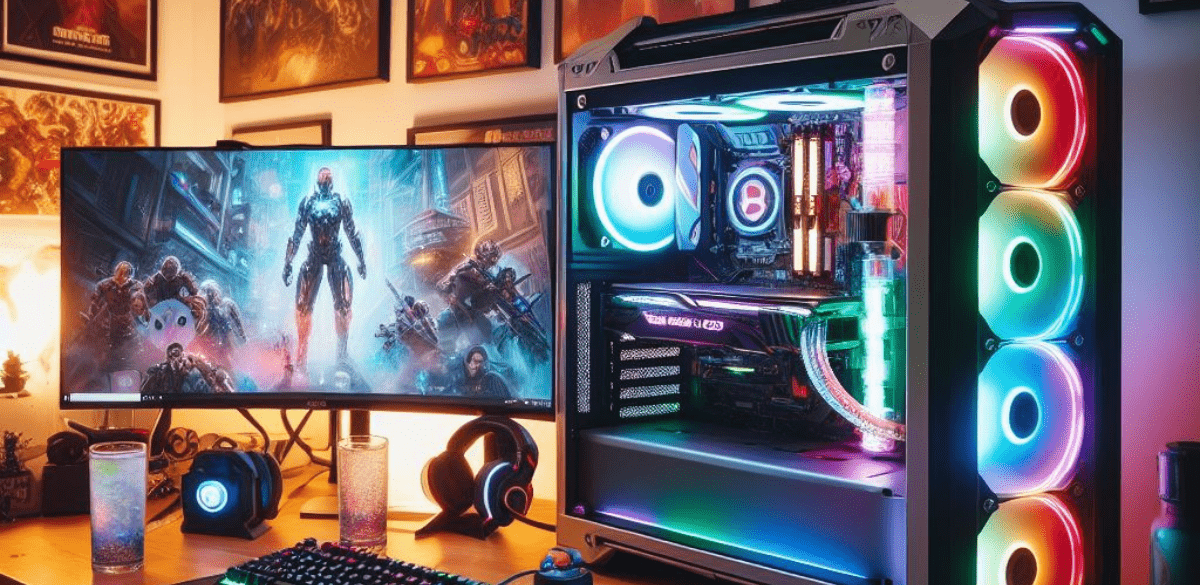Build powerful Gaming Pc with the 10 easy steps. In today’s world, gaming is more than just a hobby—it’s a lifestyle. With better graphics and immersive gameplay, having a good gaming setup is important. Instead of buying one, making your own PC has many advantages. This guide will show you how to build your own gaming PC, step by step.
I. Introduction
A. Importance of building a gaming PC
Gaming PCs are tailored to meet the demanding requirements of modern games, offering superior performance and graphics compared to standard computers. Building your own allows you to customize every aspect according to your preferences, ensuring optimal performance for your favorite games.
B. Benefits of building your own gaming PC
Building a gaming PC allows you to choose high-quality components tailored to your needs and budget. It also provides a deeper understanding of computer hardware and gives you the satisfaction of creating something unique.
II. Understanding Components
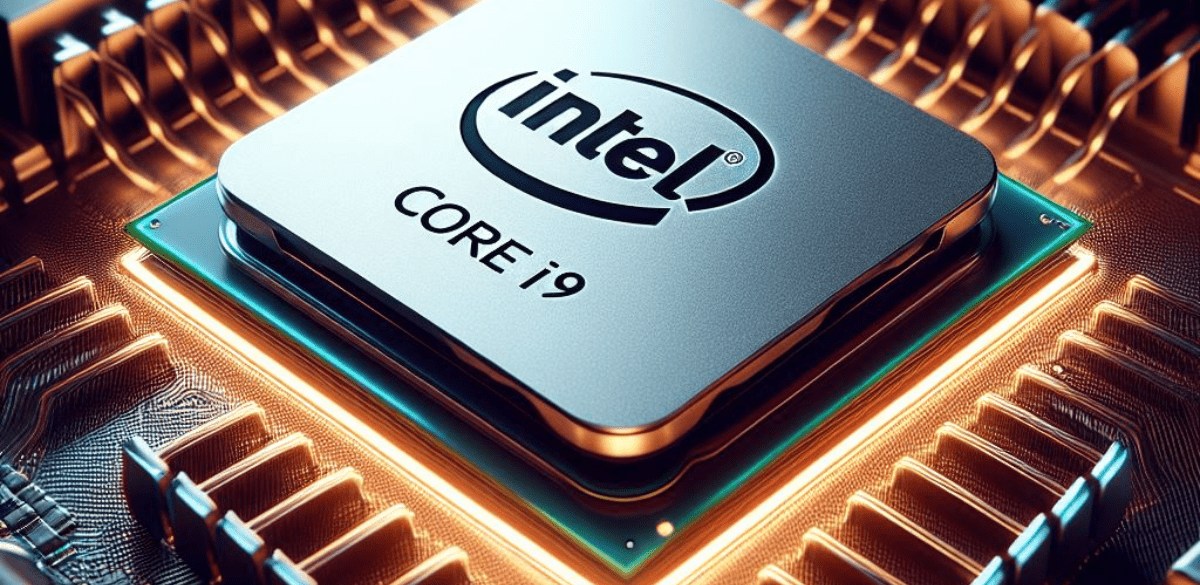
A. Central Processing Unit (CPU)
The CPU acts as the brain of your PC, handling tasks such as game logic and AI calculations. When selecting a CPU, consider factors like clock speed, core count, and compatibility with your motherboard.
Best Five powerful Intel Gaming Processors in 2024.
Best Five powerful AMD Gaming Processors in 2024.
B. Graphics Processing Unit (GPU)
The GPU is responsible for rendering graphics in games, making it one of the most critical components for gaming performance. Choose a GPU based on factors like performance benchmarks, VRAM capacity, and cooling solutions.
The Best Graphics Cards from Nvidia IN 2024
C. Random Access Memory (RAM)
RAM temporarily stores data that the CPU needs to access quickly, such as game assets and textures. opt for high-speed RAM modules with sufficient capacity to prevent bottlenecks in gaming performance.
D. Storage
Choose between solid-state drives (SSDs) for fast load times or traditional hard disk drives (HDDs) for ample storage space at a lower cost. Consider a combination of both for optimal performance and storage capacity.
III. Budgeting
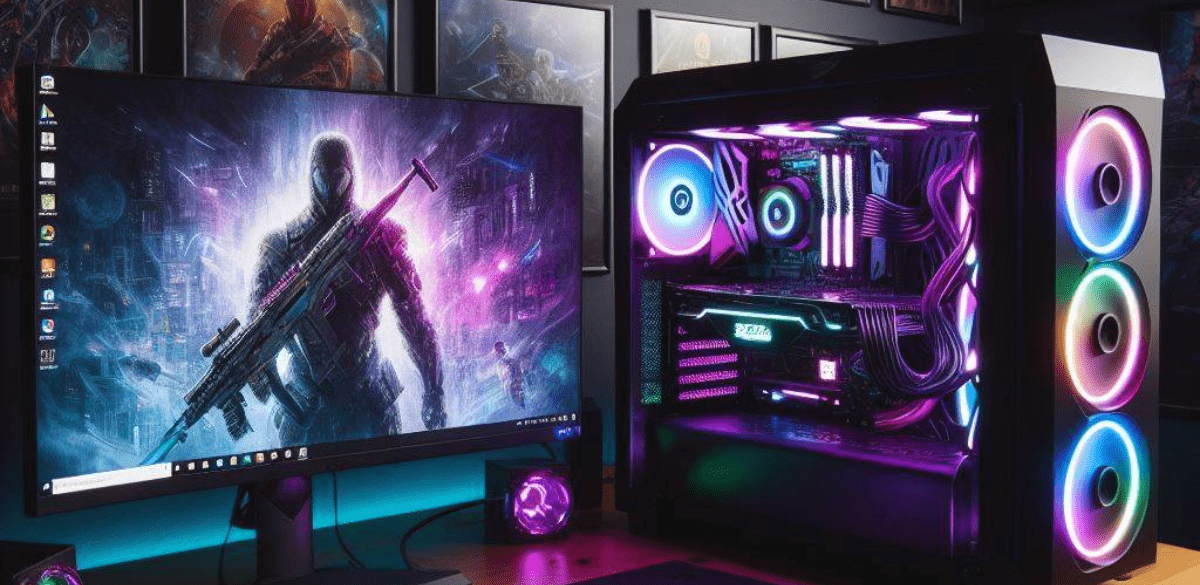
A. Setting a budget for Gaming Pc
Before diving into the build process, determine how much you’re willing to spend on your gaming PC. Allocating funds for each component ensures that you stay within budget while maximizing performance.
B. Understanding cost factors
Research the cost of individual components and factor in additional expenses such as peripherals, operating system licenses, and aftermarket cooling solutions. Prioritize components that have the most significant impact on gaming performance within your budget constraints.
Make Your Normal Setup with Gaming Setup in Easy Steps.
IV. Selecting Components For Gaming Pc
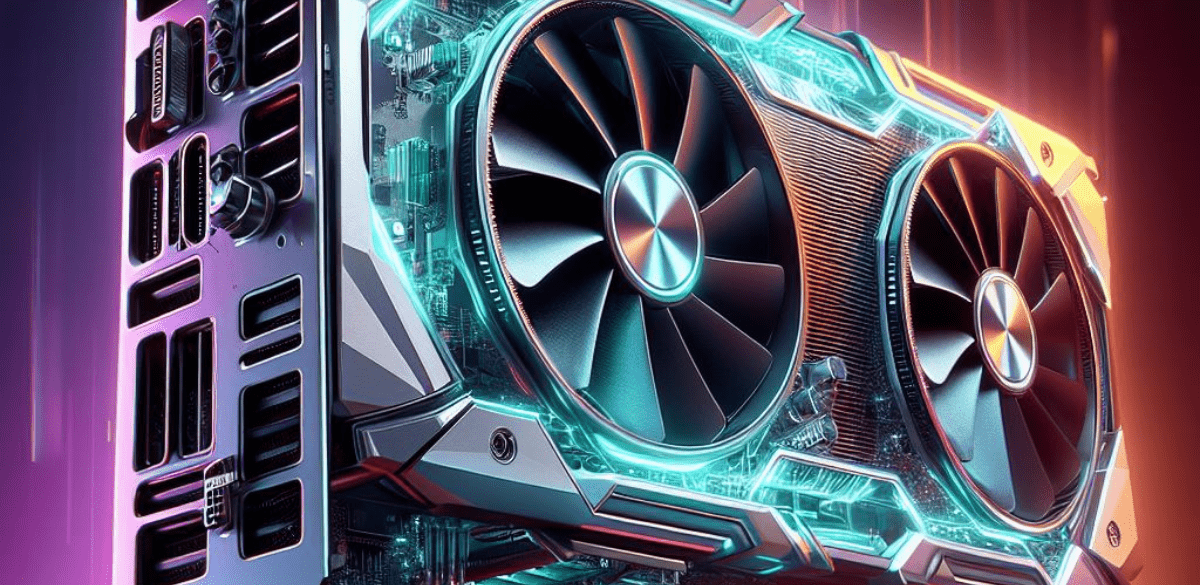
A. Researching components for Gaming Pc
Take the time to research each component thoroughly, considering factors such as performance, reliability, and compatibility. Read reviews and benchmarks to make informed decisions and ensure that all components work seamlessly together.
B. Compatibility considerations
Verify compatibility between components, paying close attention to factors such as socket type, chipset compatibility, and form factor. Use online tools and resources to confirm compatibility and avoid compatibility issues during assembly.
V. Assembly Process For Gaming Pc
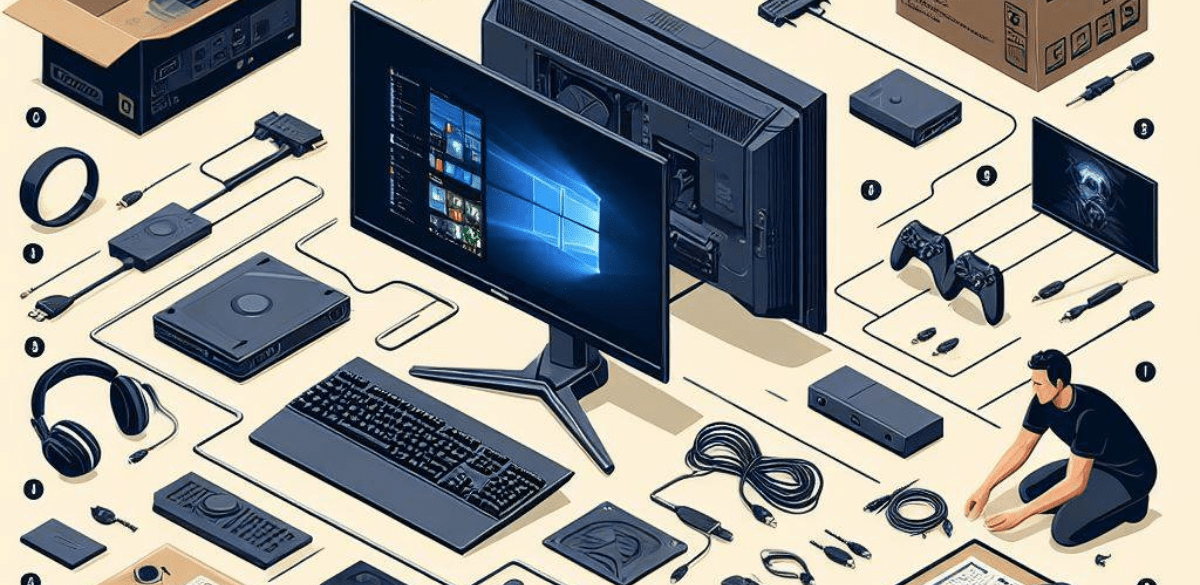
A. Preparing the workspace.
Clear a spacious and well-lit area to assemble your gaming PC, ensuring that you have all necessary tools and components within reach. Ground yourself to prevent static discharge and handle components with care to avoid damage.
B. Installing components in Gaming Pc
Follow step-by-step guides and manuals to install each component in the correct order, starting with the motherboard, CPU, and RAM. Secure components firmly but gently, avoiding excessive force or mishandling.
C. Cable management in Gaming Pc
Organize cables neatly to improve airflow and aesthetics inside your gaming PC case. Use cable ties or Velcro straps to bundle cables together and route them away from fans and components to prevent obstruction.
VI. BIOS Setup on Gaming Pc.
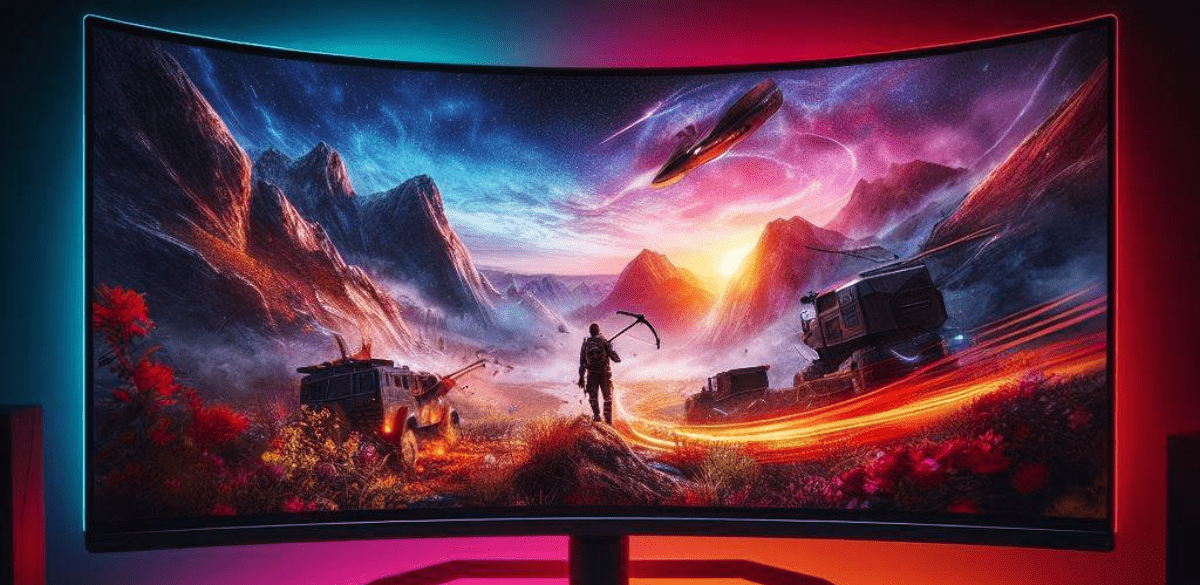
A. Accessing BIOS
Boot your PC and access the BIOS or UEFI firmware to configure settings such as boot order, memory profiles, and overclocking options. Refer to your motherboard manual for instructions on accessing and navigating the BIOS interface.
B. Configuring settings.
Adjust BIOS settings according to your preferences and hardware specifications, enabling features like XMP for RAM overclocking and adjusting fan curves for optimal cooling performance. Save changes before exiting BIOS to apply settings.
VII. Installing Operating System and Drivers
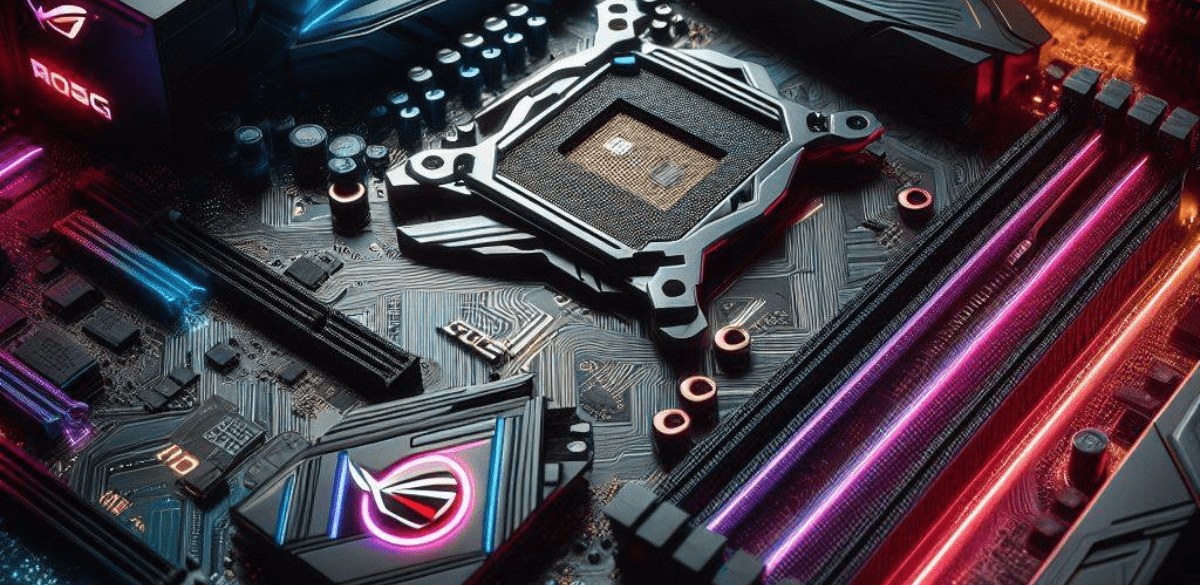
A. Choosing an OS
Select an operating system compatible with your gaming needs, such as Windows, Linux, or macOS. Install the OS onto your PC’s storage drive using a bootable installation media and follow on-screen prompts to complete the setup process.
B. Driver installation
Download and install the latest drivers for your components, including GPU drivers, chipset drivers, and peripheral drivers. Regularly update drivers to ensure optimal performance and compatibility with the latest games and software.
VIII. Testing and Troubleshooting
A. System testing
Run stress tests and benchmarking utilities to ensure stability and performance under load. Monitor temperatures and system metrics to identify potential issues such as overheating or hardware failures.
B. Common troubleshooting tips
Troubleshoot common issues such as blue screens, system crashes, and hardware failures using diagnostic tools and online resources. Verify connections, reseat components if necessary, and seek professional assistance for complex problems.
What Is the Best Platform for Gaming Choose Wisely?
IX. Optimizing Performance of Gaming Pc.
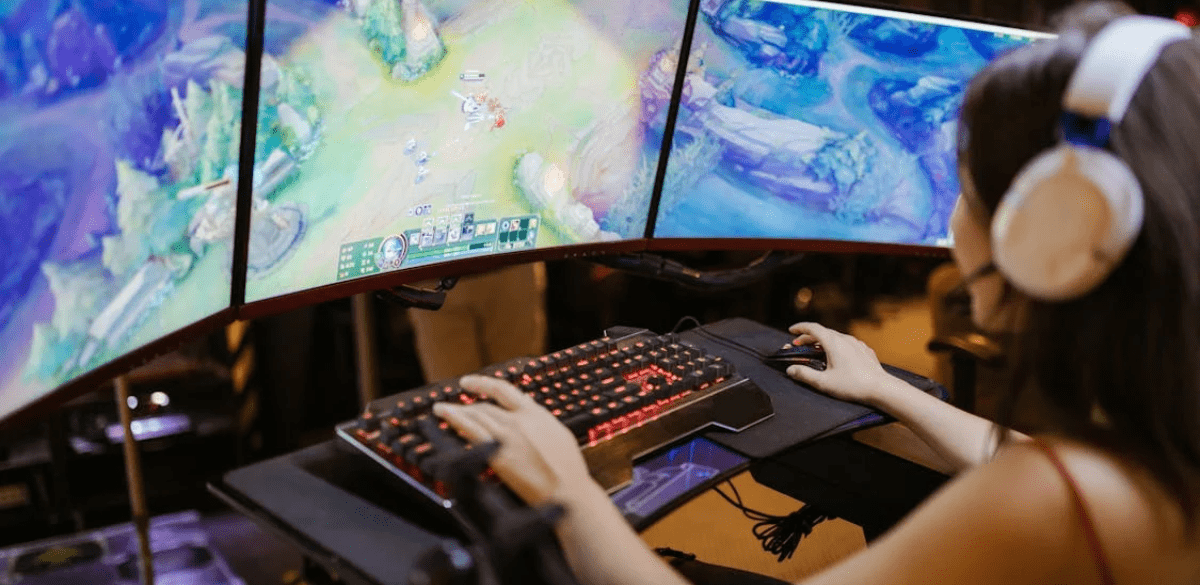
A. Overclocking the Gaming Pc
Explore overclocking options to boost performance beyond stock settings but proceed with caution to avoid damaging components. Incrementally increase clock speeds and voltages while monitoring stability and temperatures.
B. Monitoring hardware
Use monitoring software to track hardware temperatures, usage statistics, and performance metrics in real-time. Adjust fan speeds and cooling solutions as needed to maintain optimal temperatures and prevent thermal throttling.
X. Maintenance and Upgrades In Gaming Pc
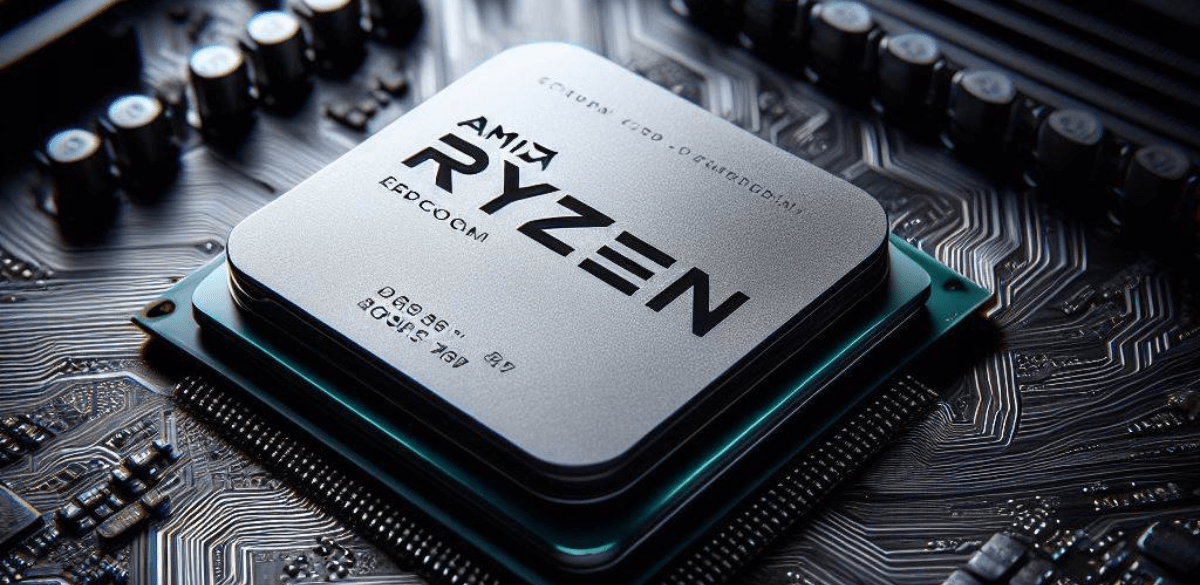
A. Regular maintenance tips for Gaming Pc
Clean dust buildup from fans, heatsinks, and filters regularly to prevent overheating and improve airflow. Update BIOS firmware and drivers periodically to ensure compatibility and security.
B. Upgrading components in Gaming Pc
Consider upgrading individual components over time to enhance gaming performance and prolong the lifespan of your PC. Focus on bottlenecked components such as the GPU or CPU for the most significant performance gains.
Conclusion
Building a gaming PC is a rewarding experience that allows you to create a customized gaming setup tailored to your preferences and budget. By understanding the components, budgeting effectively, and following a systematic assembly process, you can build a high-performance PC that delivers an immersive gaming experience for years to come.
FAQs
- Is building a gaming PC cheaper than buying one?
- Building a gaming PC can be more cost-effective than buying a pre-built one, as you have more control over component selection and pricing.
- Do I need specialized tools to build a gaming PC?
- Basic tools such as a screwdriver are sufficient for assembling a gaming PC. Some components may come with specialized installation tools.
- How long does it take to build a gaming PC?
- The time required to build a gaming PC varies depending on experience level and complexity of the build, but it typically takes a few hours to complete.
- Can I upgrade my gaming PC in the future?
- Yes, gaming PCs are designed to be easily upgradable. You can swap out individual components such as the CPU, GPU, and RAM to improve performance over time.
- Do I need to overclock my gaming PC for optimal performance?
- Overclocking is optional and should be approached with caution. While it can increase performance, it also carries risks such as decreased component lifespan and instability.
